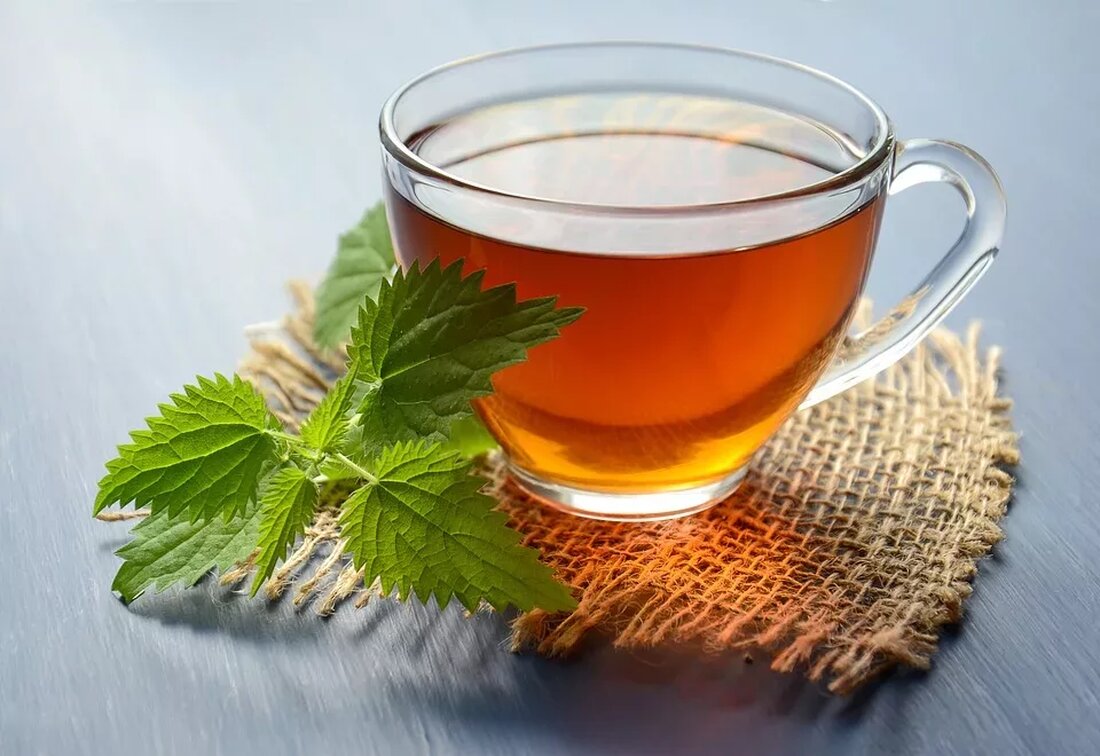Medicinal plants for guinea pigs and rabbits
Medicinal plants for guinea pigs and rabbits Introduction Medicinal plants can be a natural and safe addition to the diet of guinea pigs and rabbits. Many of these plants are rich in vitamins, minerals and other nutrients that can support the health and well-being of these small pets. In this article, we will share some of the best medicinal plants for guinea pigs and rabbits. Plants for Guinea Pigs and Rabbits Dandelion (Taraxacum officinale) Dandelion is rich in vitamins A, C and K as well as minerals such as potassium and magnesium. The leaves and flowers of dandelion can be fed to guinea pigs and rabbits both raw and cooked. The plant …

Medicinal plants for guinea pigs and rabbits
Medicinal plants for guinea pigs and rabbits
Introduction
Medicinal plants can be a natural and safe addition to the diet of guinea pigs and rabbits. Many of these plants are rich in vitamins, minerals and other nutrients that can support the health and well-being of these small pets. In this article, we will share some of the best medicinal plants for guinea pigs and rabbits.
Plants for guinea pigs and rabbits
Dandelion (Taraxacum officinale)
Dandelion is rich in vitamins A, C and K as well as minerals such as potassium and magnesium. The leaves and flowers of dandelion can be fed to guinea pigs and rabbits both raw and cooked. The plant also has a mild diuretic effect, which can be helpful for urinary tract problems.
Parsley (Petroselinum crispum)
Parsley is an aromatic plant that can not only be used to flavor dishes but is also healthy for guinea pigs and rabbits. It contains vitamin C, calcium and iron. It is important to note that the stems of parsley should not be too hard to avoid digestive problems.
Chamomile (Matricaria chamomilla)
Chamomile is a medicinal plant with calming properties. It can help with indigestion, stress and inflammation in guinea pigs and rabbits. Chamomile tea can be cooled and offered to animals in small quantities. It is advisable to administer chamomile in moderation, as excessive amounts may not be well tolerated.
Marigold (Calendula officinalis)
Marigold flowers contain essential oils and flavonoids that may have anti-inflammatory and antimicrobial effects. The petals can be given to guinea pigs and rabbits as a supplement to their regular diet. Calendula can also be used topically to promote skin health.
Stinging nettle (Urtica dioica)
Nettles are rich in vitamins, minerals and trace elements. They can help improve the nutritional content of guinea pigs and rabbits' diets. It is advisable to steam or dry the nettles before feeding to neutralize the burning effects of the plant.
Frequently asked questions
What are some general precautions when feeding medicinal plants to guinea pigs and rabbits?
Before giving medicinal plants to your guinea pig or rabbit, make sure it is a safe plant. Avoid contact with poisonous plants and do not use plants that have been treated with pesticides or other chemicals. Incorporate new plants into your pet's diet slowly to avoid possible allergic reactions or digestive problems.
What is the best way to feed medicinal plants to guinea pigs and rabbits?
Medicinal plants should always be offered fresh and clean. You can feed them either raw or cooked. However, note that some plants in large quantities can cause digestive problems. It is therefore important to monitor the amount of plants administered and adjust if necessary.
Can I buy medicinal plants at the pharmacy?
Some medicinal plants such as chamomile or calendula can be purchased in dried form at the pharmacy. It is important to ensure that the plants are suitable for animal consumption and do not contain any additives.
Should medicinal plants be the main source of food for guinea pigs and rabbits?
No, medicinal plants should be used as a supplement to the normal diet of guinea pigs and rabbits. It is important that these animals continue to receive a balanced diet consisting of hay, fresh vegetables and high quality pelleted feed.
Conclusion
Medicinal plants can be a valuable addition to the diet of guinea pigs and rabbits. Many of these plants contain important nutrients and provide health benefits. However, it is important to choose the right plants and give them in moderation. Before giving your pet medicinal plants, you should consult with a veterinarian or a rabbit and guinea pig care expert to ensure the plant is safe and appropriate.

 Suche
Suche
 Mein Konto
Mein Konto
